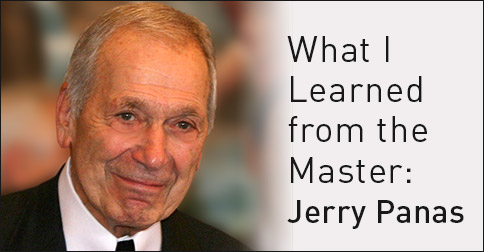What I Learned From the Master: Jerry Panas
by Brian Saber
It was an honor and a treat to interview Jerry Panas this week for my Fundraising Masters Series.
If ever there were a master, it’s Jerry. The fact that more than 900 people signed up to attend the webinar is testament to Jerry’s lead position in the field of fundraising.
The interview was prompted by Jerry’s publishing The Lost Manuscript, a compilation of wonderful memoranda written in the 1950s by Si Seymour, Jerry’s mentor and one of the first professional fundraisers in the field.
Here are the Top 10 things I learned or had reinforced:
 1. Si Seymour was the original fundraising master. I have to admit I didn’t know anything about him. Now I’ve not only read The Lost Transcript but Designs for Fund-Raising, Si Seymour’s seminal book in the field.
1. Si Seymour was the original fundraising master. I have to admit I didn’t know anything about him. Now I’ve not only read The Lost Transcript but Designs for Fund-Raising, Si Seymour’s seminal book in the field.
2. With all the “new” ideas in fundraising, so many of the core concepts are timeless: cultivation, involving volunteers to open doors, the importance of meeting in person, and more.
3. 95/5 is the new 80/20. Jerry is seeing the top 5% of donors giving 95% of the gifts, meaning even more focus cultivating the very top tier of donors.
4. Even Jerry “agonizes” over making the call to set up the appointment, so none of us should feel bad about it but we all have to push through by remembering why we care and how important and transformative our work is.
5. ASKING is still the book in the field. Everything about it is relevant. And it’s funny besides – look for the proctologist analogy and tell me that doesn’t make you laugh!
6. Jerry confirmed what many of us know – that asking for the gift often happens during the first meeting. The ideal generally involves at least one cultivation meeting first, but that can’t always happen and isn’t always preferable anyway. The bigger problem is continued cultivation without asking or, as Jerry puts it, “Ready, aim, aim, aim, aim…but no fire!”
7. Si Seymour identified a persistent problem in the field – too much focus on “need” and not enough on “relevance, importance, and urgency.” We must remember to focus on impacts and vision.
8. The stereotypical fundraiser – outgoing and assertive – is not always the best fundraiser. Often those who are quieter are better listeners, and that’s the number one skill needed.
9. Always ask for an exact amount. No ranges! They signify you don’t know much about the donor
10. Don’t ask, don’t get!
Missed the interview? Listen to it in its entirety here.




